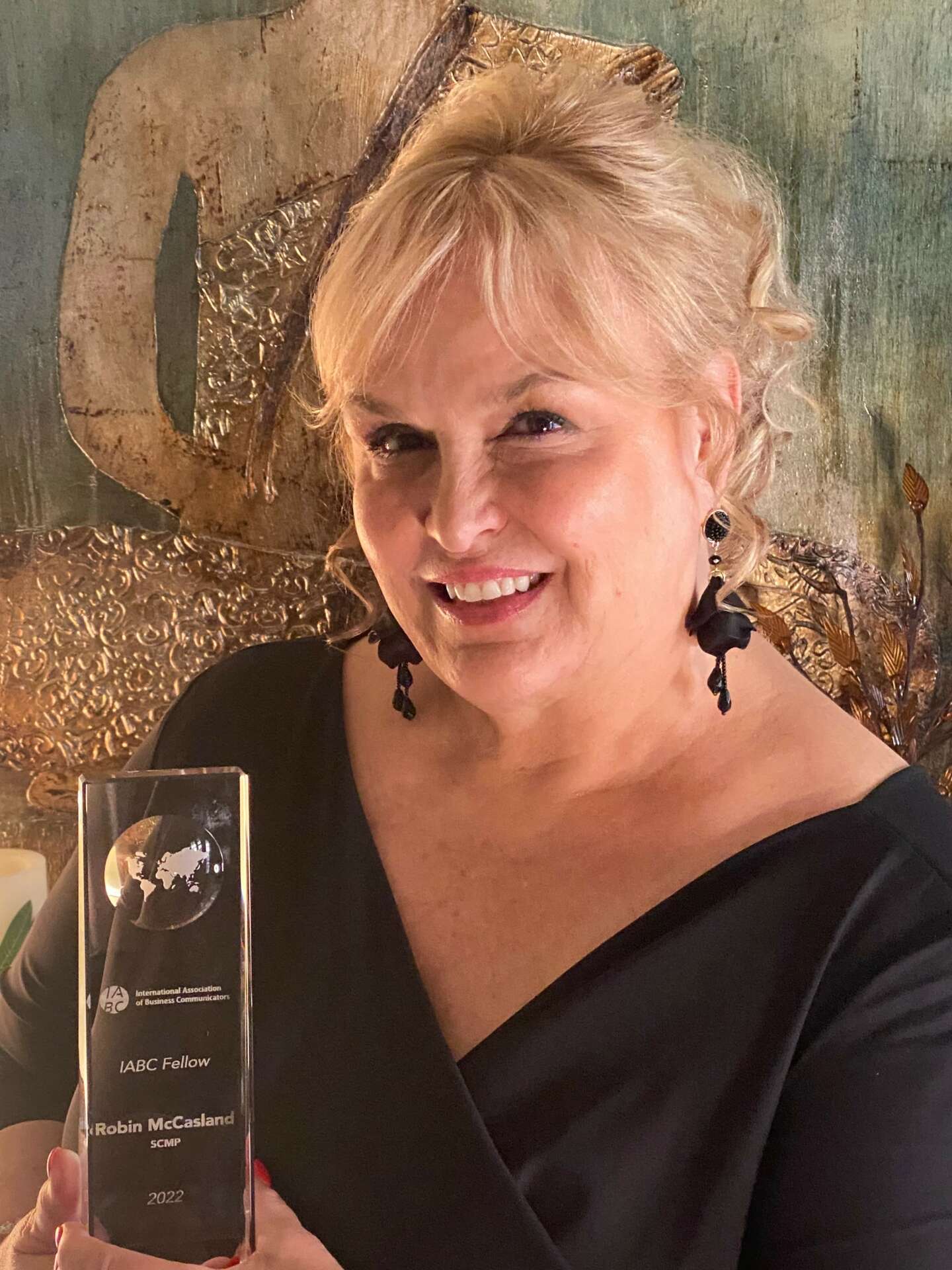We caught up with the brilliant and insightful Robin McCasland, SCMP, IABC Fellow a few weeks ago and have shared our conversation below.
Hi Robin, thanks for joining us today. Let’s talk legacy – what sort of legacy do you hope to build?
I’d like to be remembered as someone who helped others achieve their goals in the communication profession. Over the course of my career, mostly in corporate roles, I’ve seen countless examples of smart, creative people who get “beat down” over time. They fall into mundane patterns based on the culture of the organization, or based on who is supervising them at the time.
Everyone has potential. I am fulfilled when I’m able to coach someone to achieve more than they thought possible for themselves. I love helping other communication professionals overcome their fears and what they perceive as their shortcomings. In a more supportive environment, most people thrive.
One of the greatest gifts I’ve been given is when someone says I’ve been the best supervisor or mentor they’ve had to date. It’s not about stroking my ego. It’s about feeling optimistic that I’ve put more good people out there who will multiple the positive coaching experiences they had, and in turn help others do the same.
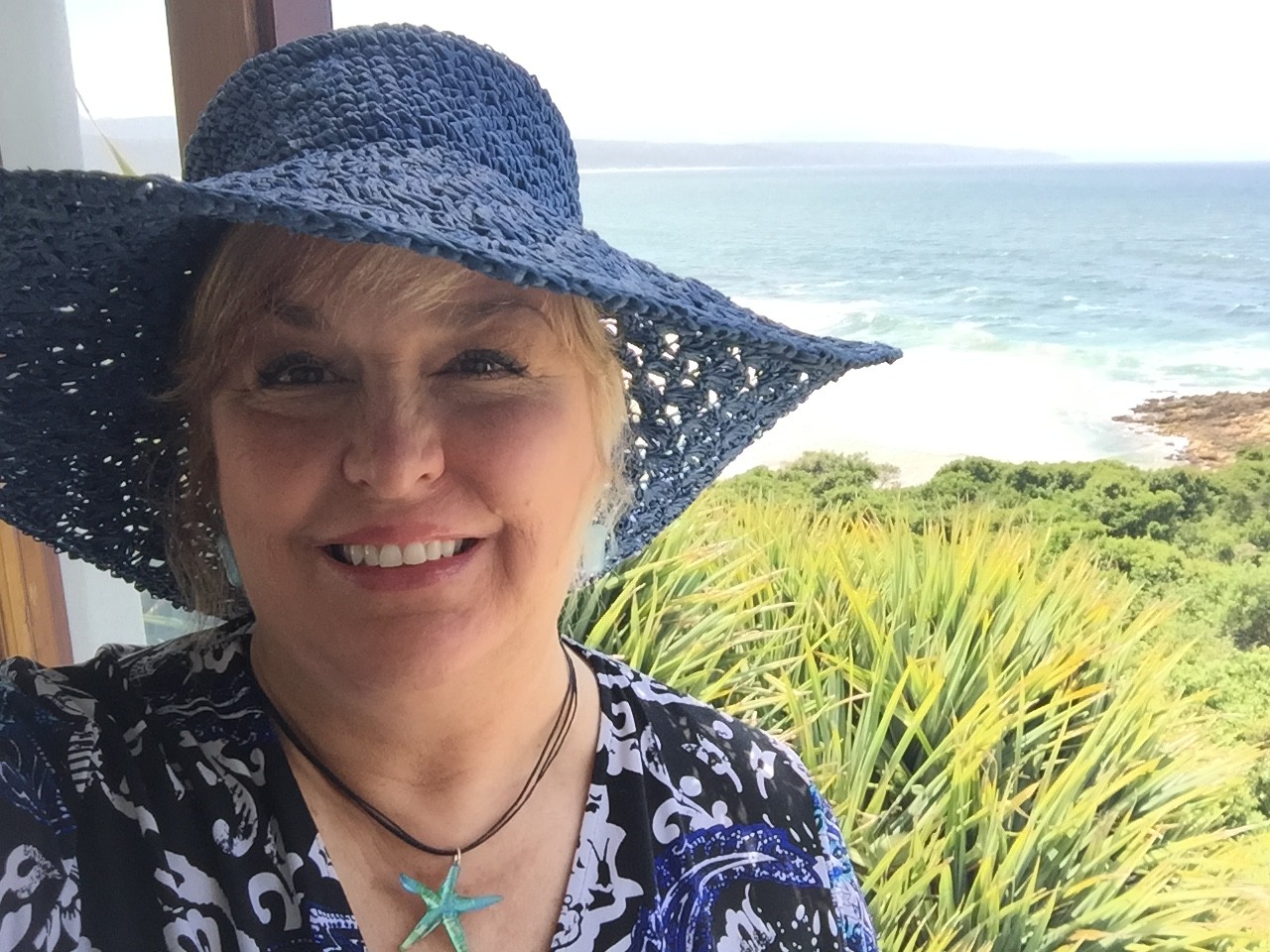
Great, appreciate you sharing that with us. Before we ask you to share more of your insights, can you take a moment to introduce yourself and how you got to where you are today to our readers.
I majored in Communication Studies at The University of Texas at Austin. When I graduated, the market was down and quite frankly, at the time I was not good at advocating for myself. I had been working part-time in the real estate industry while attending school. When I graduated, I stayed there in various roles for roughly five years.
One of the real estate agents I worked with at the time said, “What do you really want out of your career?” I said I wanted to write The Great American Novel, but it wasn’t practical. She replied, “Well, if you really want to work in the profession you aspire to, you’ll figure out how to do it.”
It’s been many years since then. I wish I could remember her name because I’d like to thank her personally. That simple conversation changed me. I picked up the phone, called the Austin American-Statesman newspaper and talked my way into a weekly features column. I had nothing to show them but convinced them I was a good writer.
That changed everything. The writing samples I gained from that little gig led to better and better roles until I moved into my first corporate communications role. Today, I lead a team of employee communication professionals for a large healthcare company.
I’m different than some communication pros because I take a very creative approach to strategic planning. I achieve good results because I come up with more interesting ways to engage audiences – especially in this distracted age we live in. It’s always about the audience. It’s not about us, or the corporate leaders we advise. It’s critical to keep the audience in mind and communicate in a manner that resonates authentically with them.
After all these years, I’m still a good writer at heart, too. That never leaves me. I’ve started that book, finally. It’s not a Great American Novel, but it’s going to have solid communication advice and illustrative stories from the long communication career I’ve been blessed to enjoy. I started a podcast during the pandemic, too. I just wanted to learn how to it. I didn’t have any expectations. I didn’t make it polished! It took off, anyway. Now I’ve got listeners in 26 countries. Blows my mind, truly.
I gave it a weird name that has a story behind it: Torpid Liver (and other symptoms of poor communication).
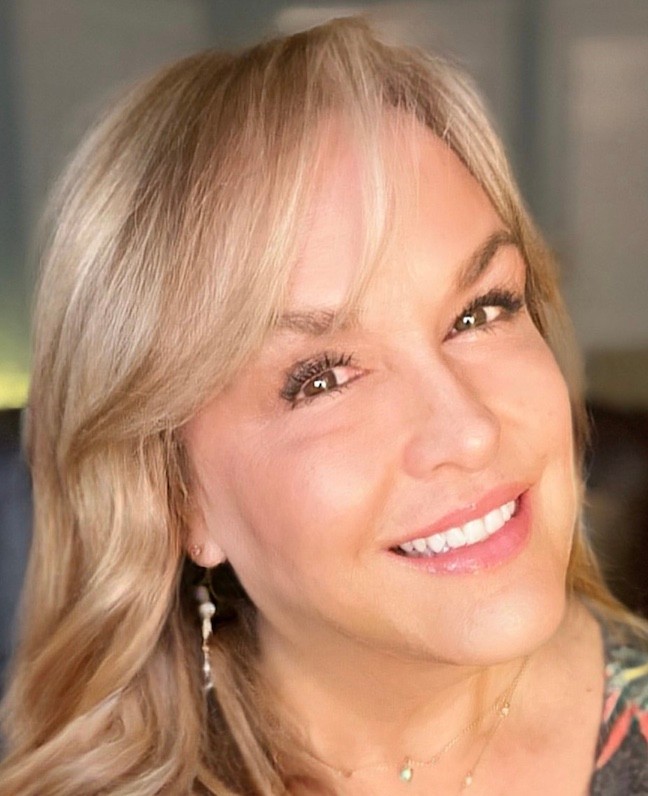
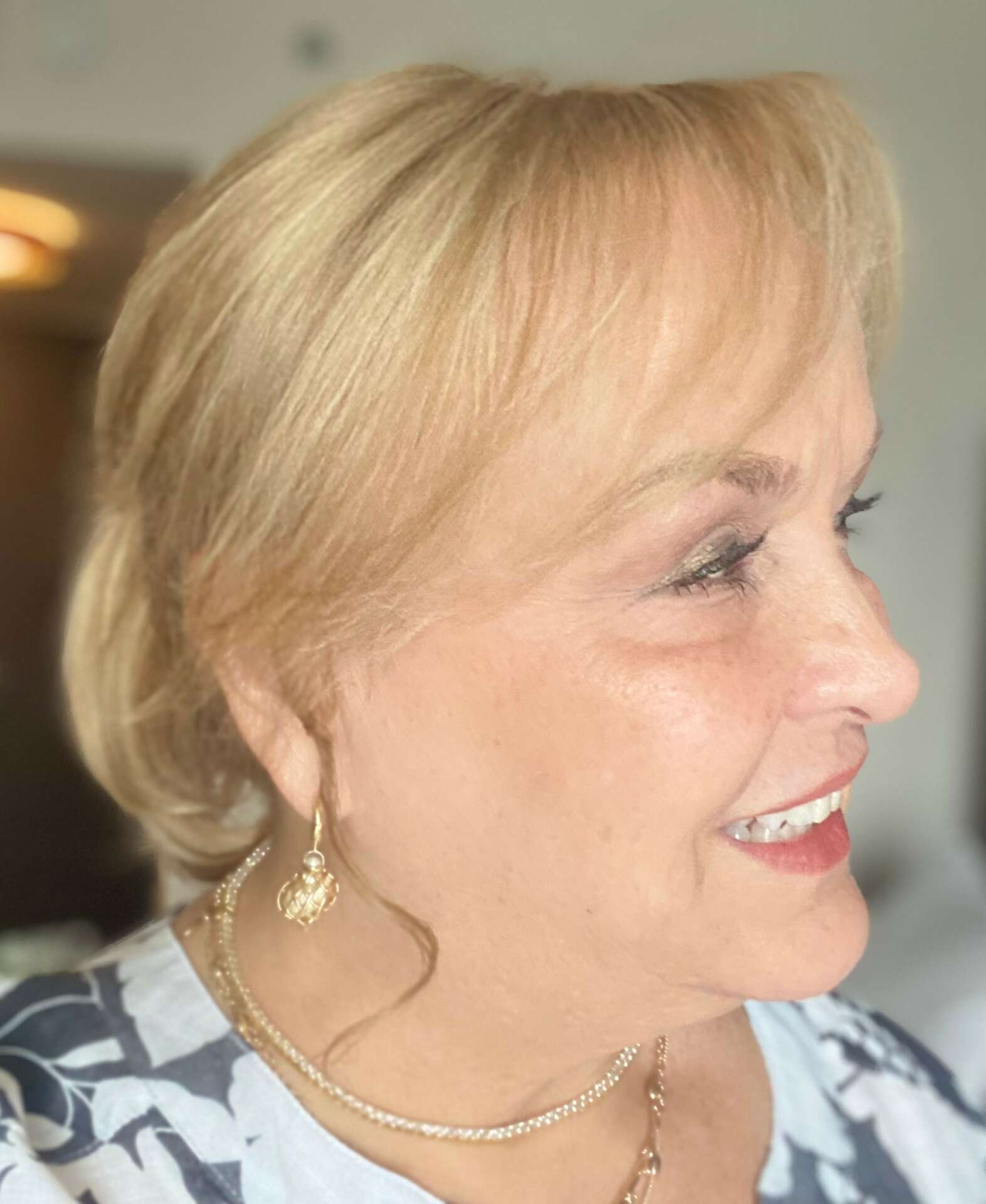
What do you think helped you build your reputation within your market?
Being myself. Not changing how I represent myself to the world. What you see is what you get.
When some people move into leadership roles, they put on a different face. Happens all the time. We humans think we need to behave in a certain manner once we are leading people or leading an organization. But it’s who we are, down inside, that got us there in the first place. Why would hide the good core traits that drive us and make us successful in the first place?
I’ll admit, I’m fairly absent-minded. But about 17 years ago, someone called to ask if I’d mentor them. I thought, “I’m not old enough to mentor someone!” Then it hit me. Time had passed. I’d made a good impression on people when I had spoken at conferences, or held various corporate and volunteer leadership roles.
I’ve been in leadership roles during times of great change. Stressful times that took a toll on me, mentally and physically. In those times I realized how strong and resilient I am, and that I was exactly where I was supposed to be. The best thing you can do in such circumstances is be honest and humble but direct. People see through facades. Be your authentic self. That’s what I’ve done. I am content knowing I consistently try to do my personal best while also keeping the best interests of my team and my organization in mind.
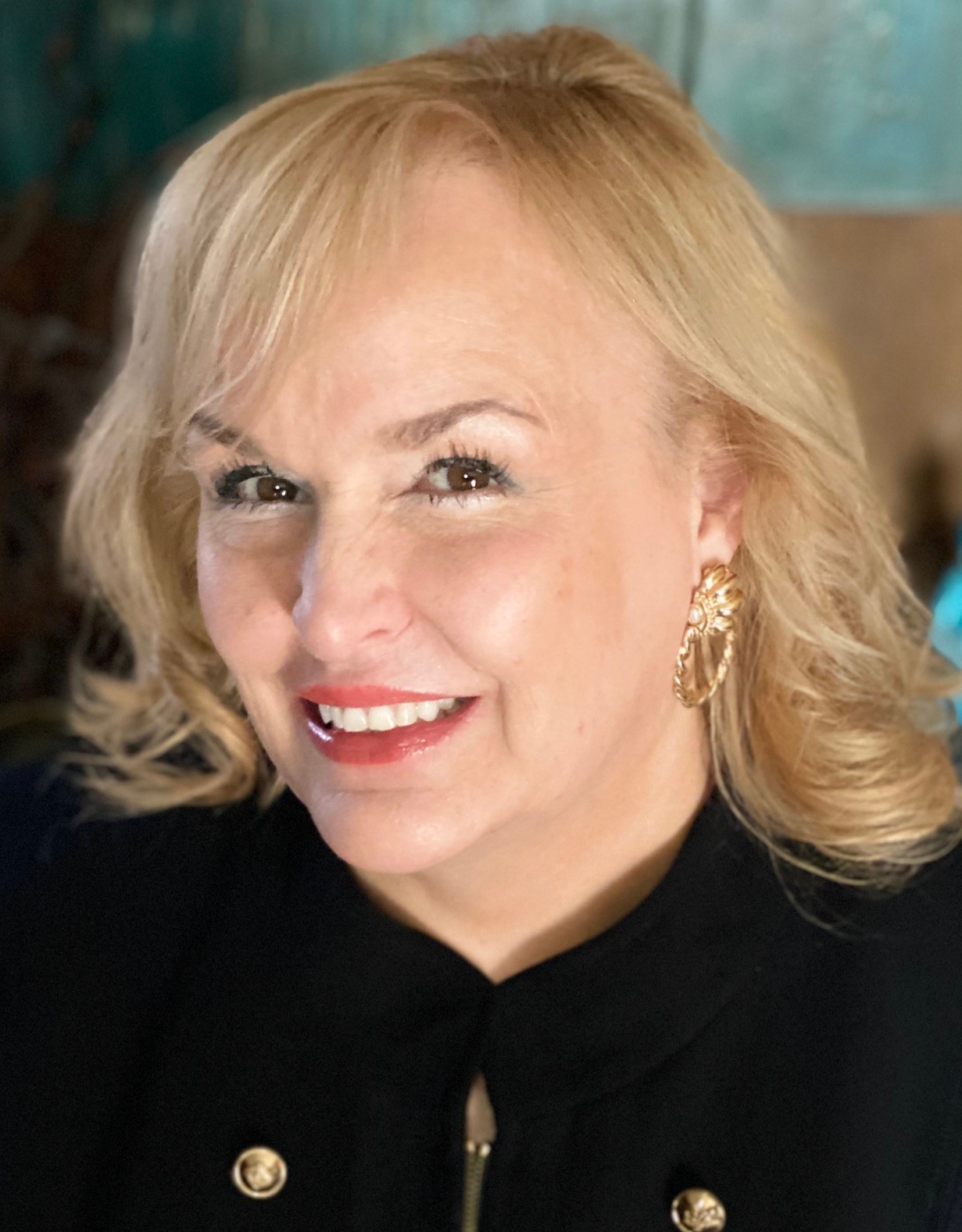
Do you have any insights you can share related to maintaining high team morale?
Same answer as the previous question. Be yourself, first. Be honest, have a sense of humor, and demonstrate to others that it’s okay to make a mistake now and then. Don’t hold people to a ridiculous standard that you can’t maintain for yourself.
Show them who YOU are. It’s not all about you, but at the same time demonstrate your human-ness. Be funny, self-depricating and genuine. My team members know I’m in love with my dogs and college football. They know I love to garden. I have a weird sense of humor. They don’t see a different person than I am with friends or family.
Find out what people are passionate about. Learn more about them personally. Tell them about the good things you see in them. Ask them what they want to achieve, and then help them get there. If they have fears, recommend actions to help them overcome the fears.
I’ve had one or two people advocate for me when I really, really needed it. I try to pay it forward now. If someone on my team wants to grow in her/his career, I will coach them and do anything I can to support them. Even if it means they eventually leave my team. I want the best for people.
When you manage a team, remember that not everyone wants to grow and be promoted. But those who do, and work hard to get there, should be promoted and/or recognized for it. Some cultures develop where everyone thinks they should be the same – they should have equal pay, equal benefits, equal perks. If you’re a good leader, you need to break that sameness, even if it’s hard for a while.
The world isn’t like that. People have the opportunity to differentiate themselves in their careers. If they demonstrate that desire, help them. If they don’t, support them in being productive and having a great experience. But don’t take the easy way out by making everything the same for everyone. You’re not doing yourself or the team members any favors.
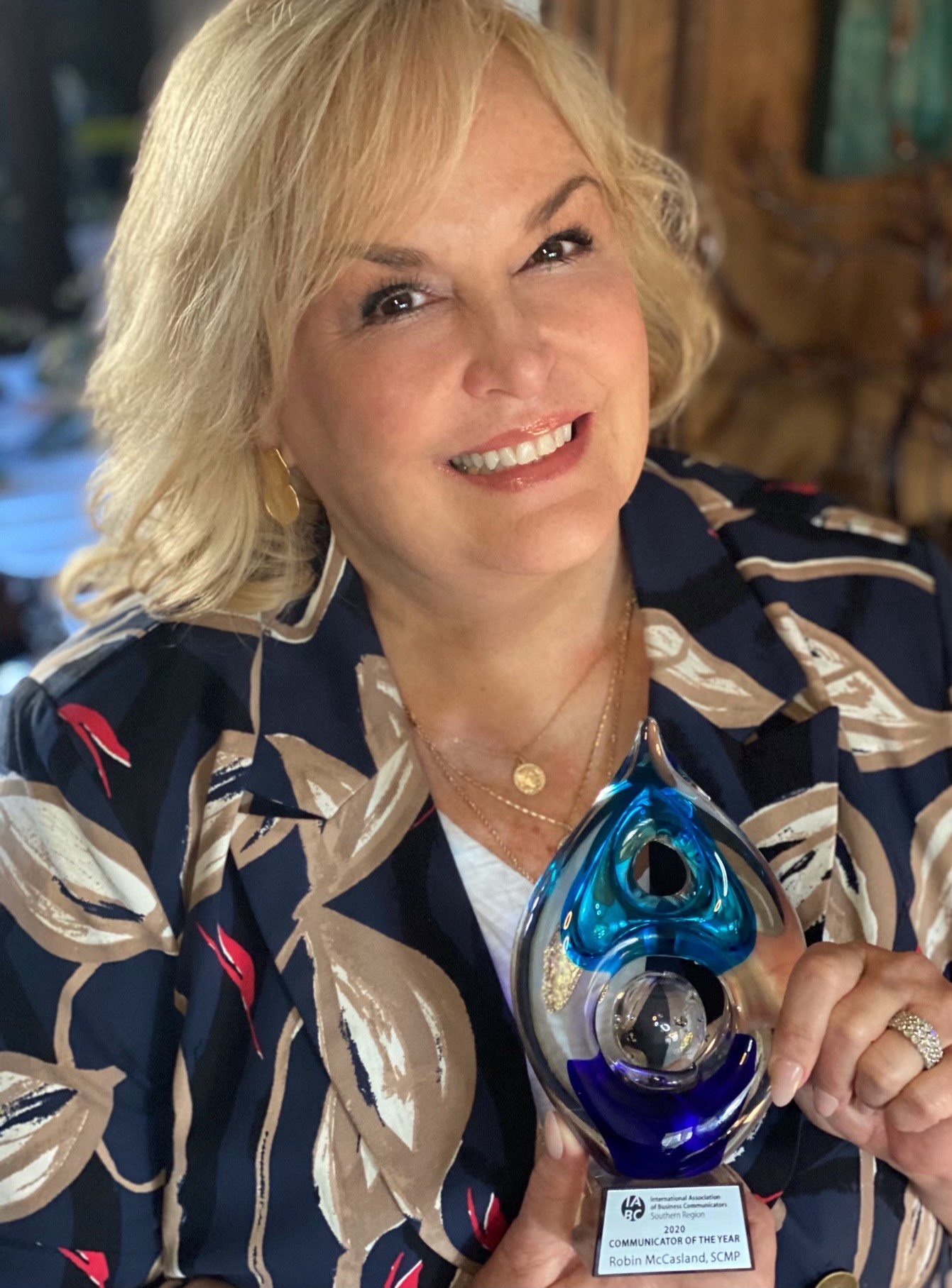
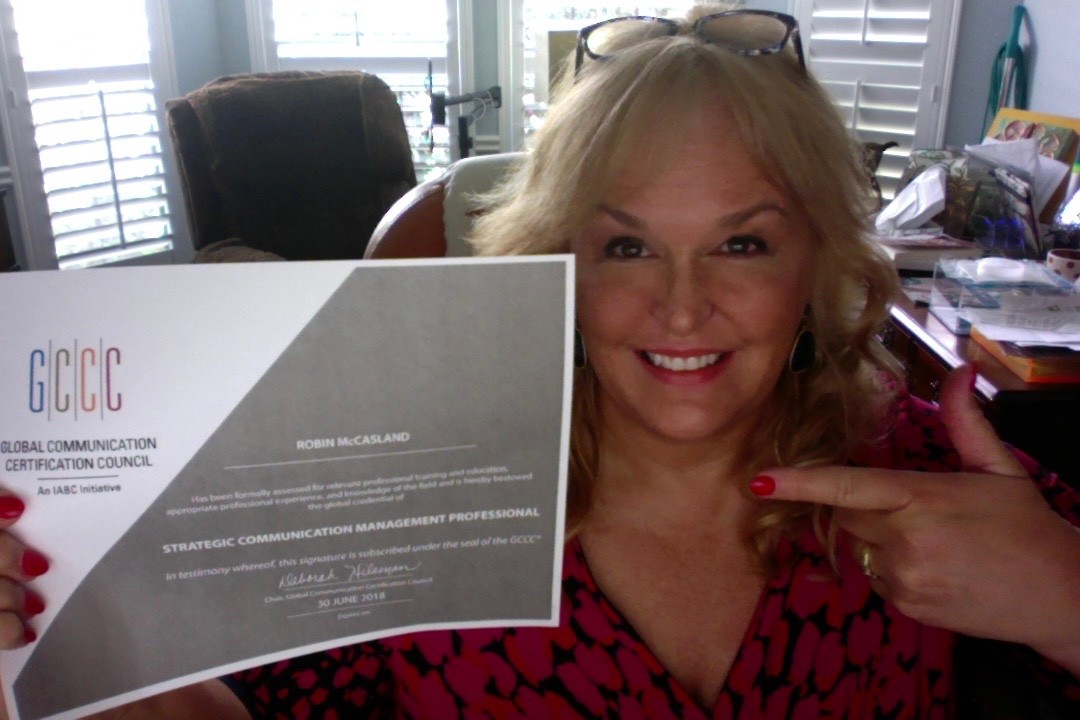
Contact Info:
- Website: torpidliver.com
- Instagram: @therealrobinrox
- Linkedin: https://linkedin.com/in/robinmccasland
- Twitter: @robinrox
- Other: Instagram and Threads: @therealrobinrox On Bluesky @robinrox On Spoutible @robinrox


